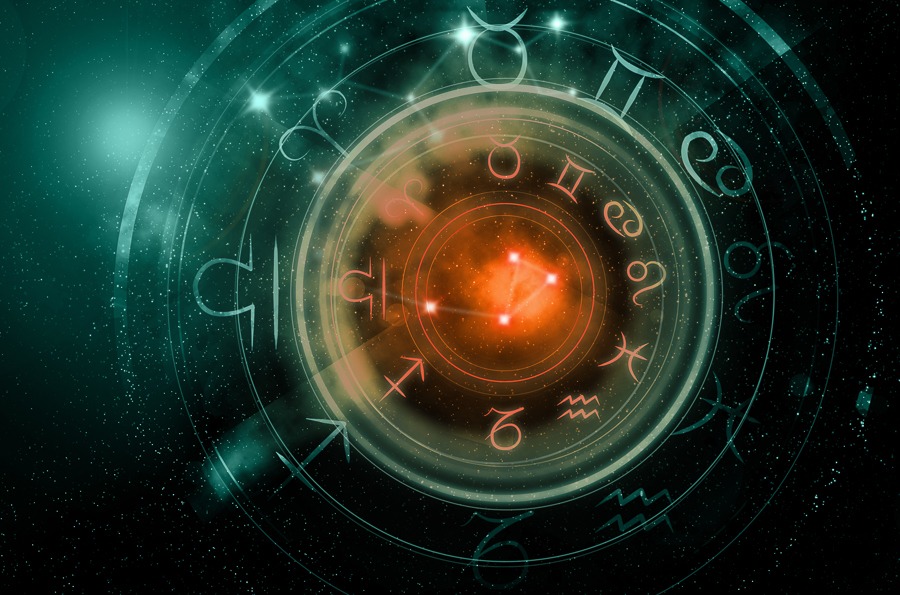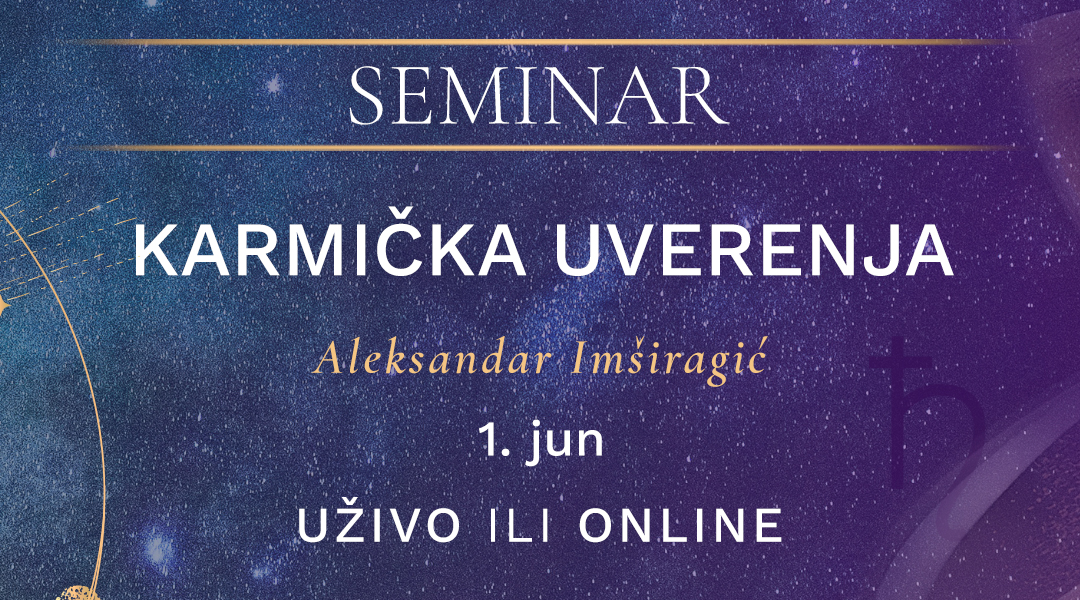The goal of 3rd year of astrological studies is, beside strengthening students knowledge and professional capacities with new astrological knowledge and techniques, to enable astrologer to train and educate other astrology students, as well as to form her/his own school or to remain working within the Institute.
During this year student gains in-depth knowledge in fields of karmic astrology and psychology in the astrology. Additionally, within this year special attention is dedicated to fixed stars, to the principles of traditional and mundane astrology, and to introduction to the system of Indian astrology. Extension of student’s knowledge on the history of astrology and the astronomy in astrology are part of 3rd year curriculum too.
Third year curriculum
Third year of astrological studies at the Institute „Johannes Kepler“ consists of 120 regular lessons, 48 mandatory seminar lessons, 12 workshops and several practical lessons in teaching techniques and methodology (3rd year students are practicing to conduct lectures with 1st year students).
Regular lectures
In scope of 10 months studies, student attends 120 regular lectures within 9 subjects:
1. The Karmic Astrology I
If purpose of the natal astrology is to explain WHAT will happen in life of an individual, for prognostic astrology to determine WHEN something will happen, then the karmic astrology is the one answering WHY something is happening the way it happens in the life of an individual, in other words, what a person has done to contribute to her/his current destiny. In that way, the karmic astrology describes previous lives of an individual leading to the point where she/he is now, to explain purpose an individual has in current life, as well as to present roles he/she will have in future lives.
2. The Karmic Astrology II
The second part of karmic astrology presents techniques of time determination within area of karmic researches, so emphasis here is on studies and application methods of karmic directions and progressions.
3. The Fixed Stars I
Fixed stars represent specific pillars of the destiny, since they act from the unconscious levels of existence. Fixed stars reflect in very picturesque manner the main myths of human destiny, where whole astrological symbolism fits in. This subject is divided in following parts: „Intelligence of the Circle“, „Primary Constellations“, „Royal Family“, and the influence of the Zodiacal Constellations and their stars.
4. The Fixed Stars II
This part presents the other non-zodiacal constellations, their fixed stars and specific influences of the cusps of Constellations.
5. The Mundane Astrology
Within this subject student is introduced to the basic concepts of mundane astrology and its influences on daily life. It defines the rules witch determine level of individual’s dependence on global/mundane events. Also, it presents models how to make predictions of mundane events, as well as charts of the countries and their leaders. Additionally, there is presented how the most important planetary cycles reflect to the politics and economics in both global and local levels.
6. The Astrocartography
Within this subject student studies techniques for chart relocation, as well as for determining the most advantageous location in the world for successful life. Here are studied techniques that will reduce effects of difficult progressions and transits by changing the city or country as well as creation of a positive transits and progressions in any moment using the relocation system.
7. The Astrology of the Local Space
With astrocartography the astrology of the local space is another system of astrology application on the level of local space. Within this subject students learn on the application of astrological influences on the city, apartment and room where one may live. The Astrology of the Local Space makes possible to determine the exact position in the city where one lives as well as the most favorable interior arrangement for success in various areas of life.
8. The Traditional Astrology
Within this subject student is introduced to the basic techniques for chart interpretation in natal, horary, electional and mundane astrology, being characteristic for Antique and Medieval Astrology.
9. The Indian Astrology
Today, the Indian astrology is one of the most ancient astrological systems in the world and knowledge on its basic principles can enrich astrologer’s erudition. Simplicity in interpretation of basic natal chart, use of specific divided maps, use of the lunar house system, as well as a very precise dasha predictive system, is what makes this astrology highly significant.
Mandatory seminars in 3rd year
During 3rd year of studies student is obliged to attend 4 mandatory seminars, consisting of 48 lessons in total.
1. The Mythology in the Astrology – seminar (8 lessons)
The whole astrology represents the unique combination of mythology, astronomy and mathematics, but mythology is the core of its being. For that reason this seminar is necessary in process to enable student to understand unconscious principles of man’s inner and outer dynamics – which creates his destiny.
2. The History of The Astrology II – seminar (8 lessons)
The History of The Astrology II is continuing of presentation on development and evolution of the astrology and the astrologers contributing to these processes, from early 20th century until nowadays. It gives a comparative overview of ancient, medieval and modern astrology
3. The Astronomy in The Astrology II – seminar (16 lessons)
The Astronomy in The Astrology II presents: sidereal and constellational Zodiac; orientation in the firmament; visibility of specific stars from different locations on the Earth, but also practical work with the telescope. During this seminar student will learn about mathematical points used in astrology (vertex, equatorial ascendant, antiscium, paran, parallel, Dark Moon, transplutos, transneptunian points, center of galaxy…). Within this seminar lot of attention is dedicated to various house systems used in astrological practice, their systematization and practical applicability.
4. The Optional Seminar of Foreign Lecturer – seminar (8 lessons)
Student can chose any seminar conducted by foreign lecturers, in minimal duration of 8 lessons.
 en
en rs
rs ru
ru
















